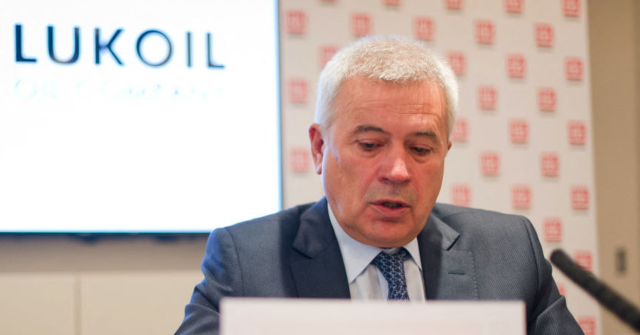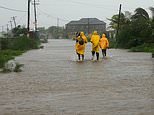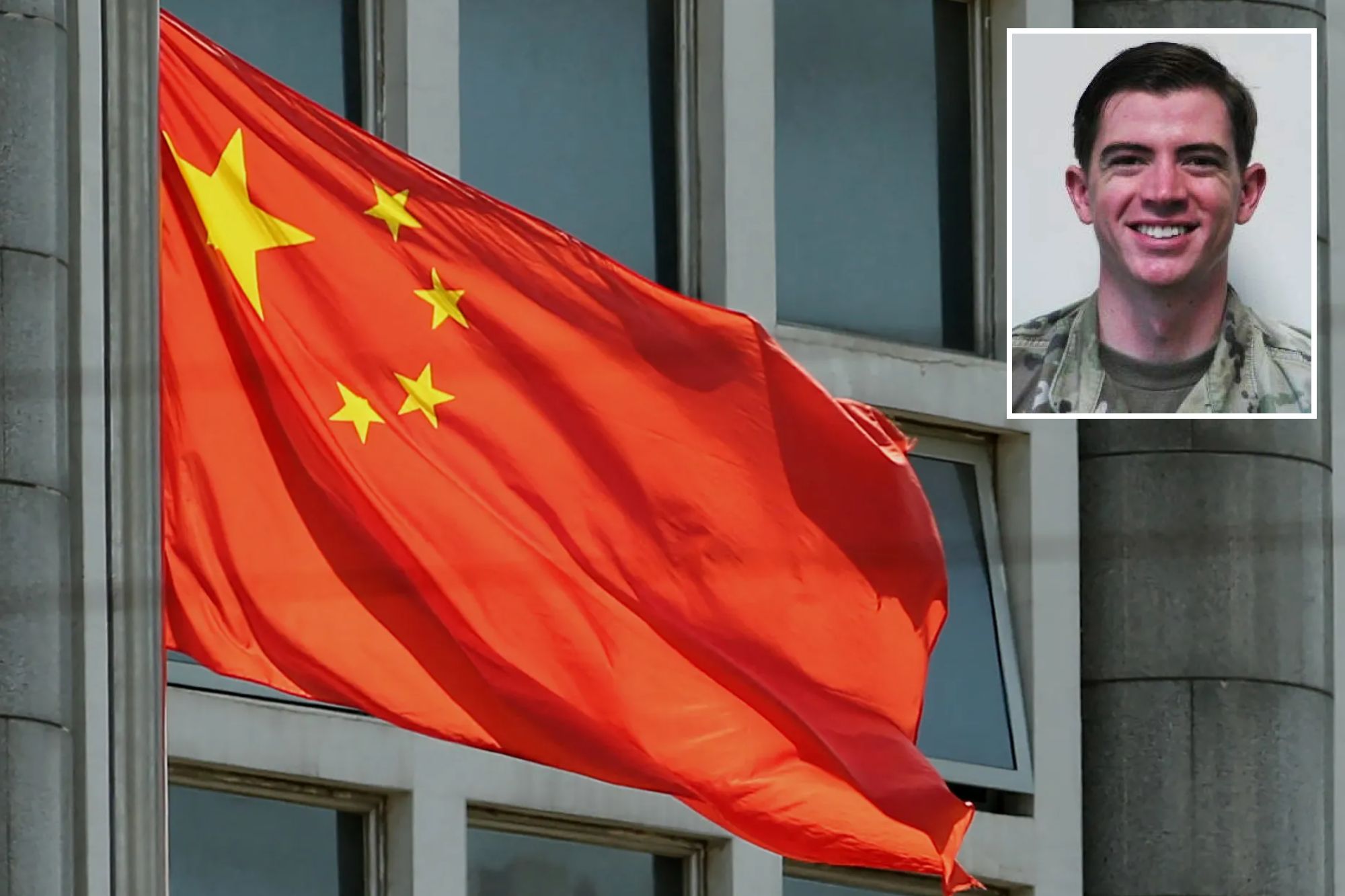Trump Sanctions Push Russian Oil Giant Lukoil to Sell Foreign Assets

⭐️⭐️⭐️⭐️⭐️
Russian oil giant Lukoil issued a statement on Monday saying it would sell many of its international assets spread out across 11 different countries under intense pressure from President Donald Trump’s latest round of sanctions.
Trump announced sanctions last week targeting Lukoil and Rosneft, Russia’s two largest oil companies, plus a long list of their subsidiaries. The Treasury Department said the sanctions were intended to “degrade the Kremlin’s ability to raise revenue for its war machine and support its weakened economy.”
Although Russian President Vladimir Putin arrogantly predicted the new sanctions would not “have a significant impact on the Russian economy,” Russia’s two biggest oil customers — India and China — immediately signaled that the sanctions were harsh enough to make them reconsider their heavy purchases of Russian crude.
Trump’s new sanctions completely banned American companies from doing business with Lukoil, Rosneft, or their subsidiaries, and threatened “secondary sanctions” — stiff financial penalties — against foreign banks that have dealings with either Russian company. The importance of the U.S. banking system to international finance would make it difficult for other countries to ignore those secondary sanctions.
Lukoil’s statement on Monday said the company intends to sell its international assets due to the “introduction of restrictive measures against the Company and its subsidiaries.” Bids from foreign buyers are already under consideration.
“The sale of the assets is conducted under OFAC wind down license. If necessary the Company plans to apply for extension of the license to ensure uninterrupted operations of its international assets,” Lukoil said.
OFAC is the Office of Financial Assets Control, the Treasury Department agency tasked with administering sanctions. OFAC could delay the impact of the sanctions to give the Russian companies more time to sell off their foreign assets if the agency deemed it prudent.
Lukoil’s overseas assets include refineries in Bulgaria and Romania, 45 percent ownership of a refinery in the Netherlands, oil and gas fields in the Middle East and Africa, and about 5,000 gas stations worldwide.
A former Lukoil executive told Politico on Monday that the company expects to lose “about 30 percent” of its revenue, along with all three of its overseas refineries and half of its gas stations. The executive did not expect the company to survive these losses.
“Lukoil is finished,” he said.
Lukoil quickly confirmed that it will sell over 600 gas stations it operates in Turkey, having purchased them from a Turkish fuel company called Akpet in 2008 with a $500 million investment.
Bulgarian and Romanian officials said they were working to expedite the sale of Lukoil’s assets before the sanctions take effect on November 21. Efficient divestment of the massive Burgas refinery in Bulgaria was considered a high priority, since suspending operations at the refinery could cause a regional energy crisis.
Analysts expected Rosneft to sustain less devastating damage from the sanctions than Lukoil, as Rosneft is less dependent on overseas assets.
Oil prices fell by almost two percent on Tuesday, marking the third straight day of declines, as investors struggled to balance the impact of the new Russian sanctions with the prospect of a U.S.-China trade deal later this week.
“The oil market is still debating whether the latest sanctions will impact Russian oil exports or not, with market players reducing somewhat the supply risk premium built in last week,” said Giovanni Staunovo, an analyst with UBS.
https://www.breitbart.com/economy/2025/10/28/trump-sanctions-push-russian-oil-giant-lukoil-to-sell-foreign-assets/
⭐️Singer/Songwriter/Voice Talent/Actor/Media Personality⭐️
Born in Syracuse, NY. He holds a bachelor of science degree in communication from Florida Institute of Technology with specialization in technical writing, business, public relations, marketing, media, promotion, and aerospace engineering.


⭐️ Las Vegas Entertainer ⭐️ MTV uplaya Platinum Auddy Award Winner ⭐️ Southeastern FTTF Talent Champion ⭐️ Movies & TV ⭐️ Listed in ‘Who’s Who’ publication ⭐️ Voted ‘MOST MARKETABLE’: Sonic Records ⭐️ U.S. Veteran ⭐️






























